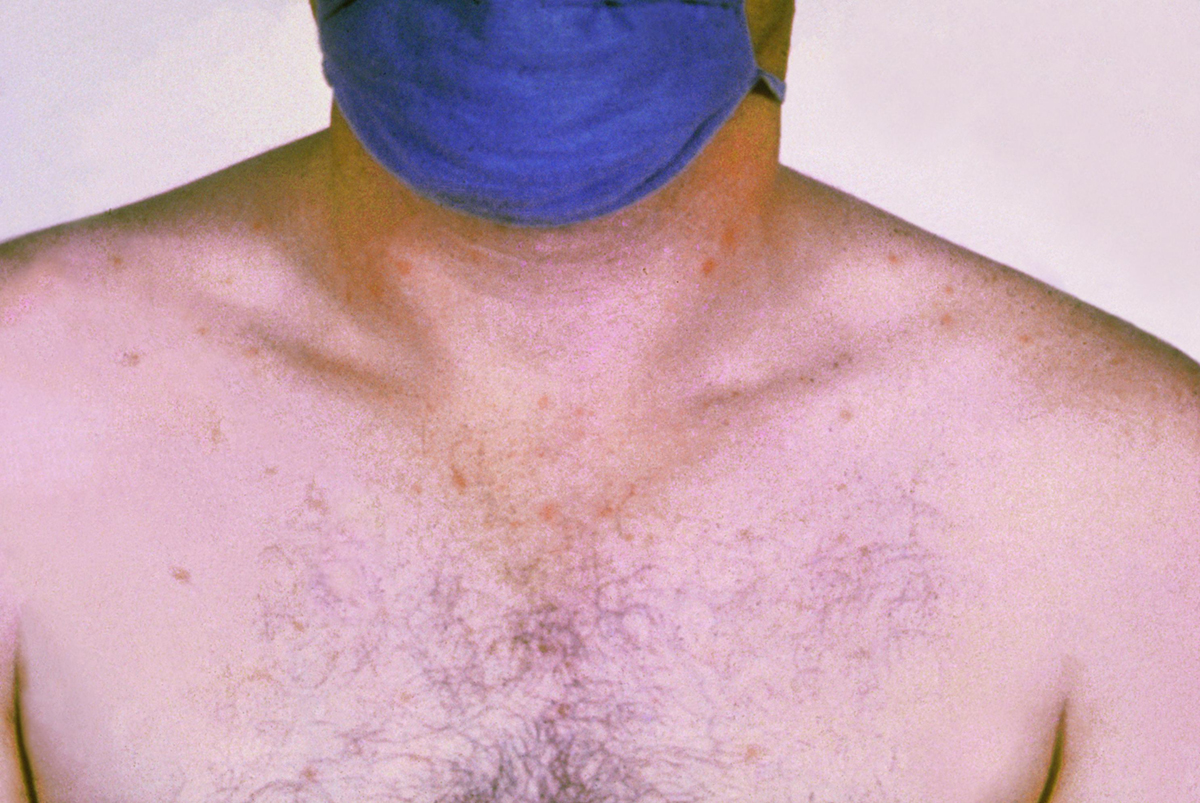
Typhoid fever is an acute systemic disease and it is cause by the salmonella typhi bacteria.
The symptoms usually include the fevers and abdominal symptoms such as ulcers of the bowels.
The condition is most prevalent in tropical countries with very poor means of sanitation. Once infected, it takes in between 10 days and a couple weeks for the disease to take effect.
When a child has typhoid fever, he or she usually feels very tired and weak and often experiences chills, along with headaches, a loss of appetite, backaches and problems with bowel movements such as diarrhea and constipation.
In the early stages of typhoid, many people will experience some form of lung problems such as bronchitis.
Skin eruption will also occur in the second week of infection, especially if the skin is not taken care of properly. There will also be inflammation of the bones and ulcers in the bowels occurring shortly after.
The loss of appetite is very drastic and apparent and the tongue will become dry and coated in white patches.
Even if the fever goes down for a period of time, it will probably reoccur by the end of the month.
Usually poor sanitation is related to typhoid fever, especially when a person drinks contaminated water or spoiled food.
Another problem with the condition is that even if the patient recovers successfully, it can come back easily because the bacteria survives in the gall bladder for years. Flies can also bring the bacteria to a household or contaminate food.
The disease is very common in children that eat a lot of meat.
The best way to treat typhoid is to get plenty of bed rest. A child should be put on a liquid diet, which should include milk, barley and fruit juice.
Orange juice is very helpful, and it is a good idea to consume nothing butr diluted orange juice for the first couple of days of treatment.
The dehydration and lack of saliva in the mouth will destroy thirst for water and the desire to eat food as well.
Cold compresses should be applied to the head in order to decrease the temperature and if this is not enough, then cold packs should be applied to the entire body.
Once the temperature goes down and saliva is restored, then it is good to eat fresh fruits and other similarly easily digestible foods.
Water and lemon juice are also good, because like oranges, lemons provide vitamin C.
The best way to prevent the disease is to make sure that a person is drinking clean, uncontaminated water at all times.


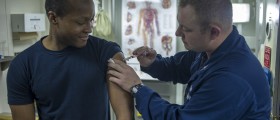
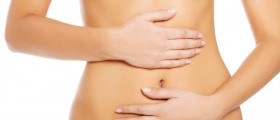



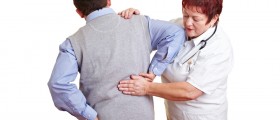



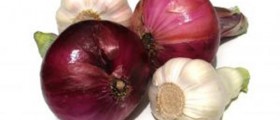





Your thoughts on this
Loading...